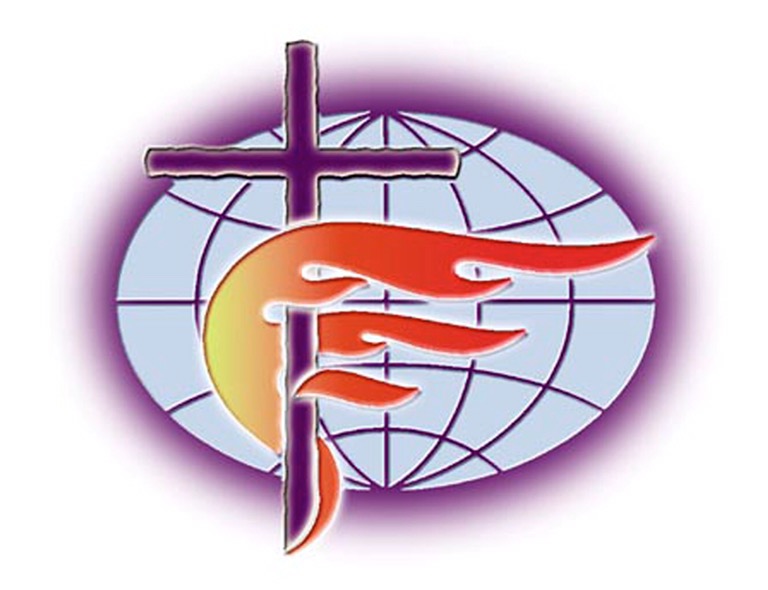The bishops of the Free Methodist Church USA responded to the American presidential election with a statement that could have been written before the election as it did not substantively respond to the winner, citing him only once.
(Free Methodists broke with the main Methodist body in the 19th century, seeking more focus on personal holiness, and are an evangelical denomination of about 75,000 in the USA and 850,000 globally.)
They wrote: “Followers of Jesus are good citizens and patriots, but our primary citizenship is in the kingdom of our God; He is our Lord. Neither our identity, our success or our failure is tied to any particular political party, politician or country.”
And they added: “We are ‘supra-citizens’ with as much concern for the well-being of all countries as for our own. We are neither elated nor discouraged by what happens to our government; Jesus is Lord. Be at peace.”
The bishops noted that the church “thrives in persecution,” is called to be agents of reconciliation, loves its enemies, wins by losing as Jesus won by dying, prays for governing authorities, and its “best posture is submission and seeking God’s will to be realized not only for our leaders but through them.”
They also said: “We believe, as John Wesley himself was convinced, that God does much if not everything He does in answer to prayer.”
And the bishops concluded:
Free Methodists come from an activist tradition. We pay attention to our cultural context, and we advocate for good. We denounce evil in all its forms and engage in every way, including politics, to make the world more pleasing to the God and Father of all humankind. As your bishops, we are not advocating withdrawal from the world or some kind of numbing of our citizenship responsibilities. We are simply reminding ourselves of our ultimate citizenship, our ultimate loyalty, our ultimate hope and our ultimate peace.
I have a few quibbles with their statement. The church often but does not always “thrive” in persecution. And Christians are indeed “supra-citizens” by belonging to the global Body of Christ. But they are also providentially placed in particular nations with particular responsibilities and loyalties. Overall the statement largely is faithful to the traditions of Free Methodists, who objected to mainstream Methodist theological and moral laxity, opposed pew rentals, and were anti-slavery.
Is there a pan-Methodist way of looking at politics? If so, this statement reveals it can be a little schizophrenic in appearance, calling for ethereal spiritual detachment from worldly affairs while also imploring active political engagement against social evil. Wesley himself may have modeled this seeming contradiction. He was politically well informed, sometimes offered commentary, and supported the Hanoverian political settlement that provided political order in his day. His career spanned the rule of 16 British prime ministers, Whigs and Tories. Wesley was a Tory but the change in administrations did not greatly affect his ministry, provoke his detailed commentary, or influence the overall direction of his evangelistic renewal movement.
Francis Asbury, whom Wesley dispatched to lead American Methodism, was more politically disengaged. He several times met George Washington, whom he admired, but Asbury’s majesterial journal across five decades includes little comment on contemporary early American politics, even amid dramatic events. Yet Methodism would specialize in good citizenship and political engagement.
Early Methodism contributed to the American Mainline Protestant tradition of stately Christian commitment to democracy, good government, and fostering reform movements, yet through the discourse of civil religion not inflexibly aligning with particular parties or seeking to impose a narrow sectarian vision.
This Mainline Protestant tradition was central to crafting and sustaining American notions of liberty, justice, civility and social harmony. With the imploding Mainline now almost gone as a relevant cultural force, there are almost no succeeding religious institutions that can replicate its success in perpetuating American political health. But the Free Methodists, as a small evangelical denomination, exemplify one notable and in many ways admirable if imperfect approach to Christian political witness.
No comments yet




